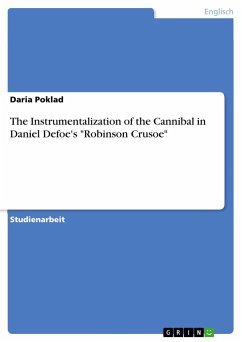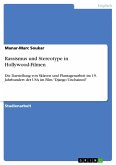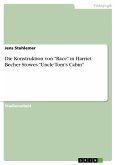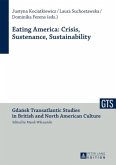Abstract:Despite the general view of Robinson Crusoe as a manifesto for colonial empowerment this paper in the German language shows that the text in fact exposes the paradigmatic self-affirming colonial subject as inherently instable. It does so not only by the initial perforation of Crusoe's name, but also by failing "pro-imperialist apology" - according to Edward Said's idea of contrapuntal read¬ing - aimed at legitimiz¬ing Crusoe's supremacy over "his" island, and his power over the main non-Western protagonists, Xury and Friday. Both these parallel cases of subjugation are ridden by almost absurd logical, or economic contradic¬tions exposing the futility at the heart of their mechanics. Also, the presentation of Crusoe's superiority by means of the con¬struction of reli¬gious alterity is inconsistent as traces of hybridization within the Chris¬tian creed show. Moreover Crusoe's will to establish his Western language usage as superior backfires when Creo¬lization enters the protagonist's own discourse, and his self-aggrandizing declaration of being master of his island is subverted by antagonistic elements, which he - unsuccessfully - tries to exclude from the realm of hu¬mankind - by unconvincingly de¬picting their cannibal eating hab¬its.Further, "anti-imperialist resistance" according to Said becomes obvious within the text when the visual contrast between Crusoe and colonized peoples - one of the markers of alterity - collapses as Friday acquires phenotypical Western traits and Crusoe devel-ops non-Western features. But it is Friday who symbolically resists colonial power most potently. Far from being only the obedient servant desired by his master he stubbornly refuses to speak Eng-lish adequately, thus exposing Crusoe's deficiency of authority. But most of all, after years of subjugation, he stages a revolt not only against Crusoe, but - in the name of all colonized peoples - against Western colonists.
Hinweis: Dieser Artikel kann nur an eine deutsche Lieferadresse ausgeliefert werden.
Hinweis: Dieser Artikel kann nur an eine deutsche Lieferadresse ausgeliefert werden.








